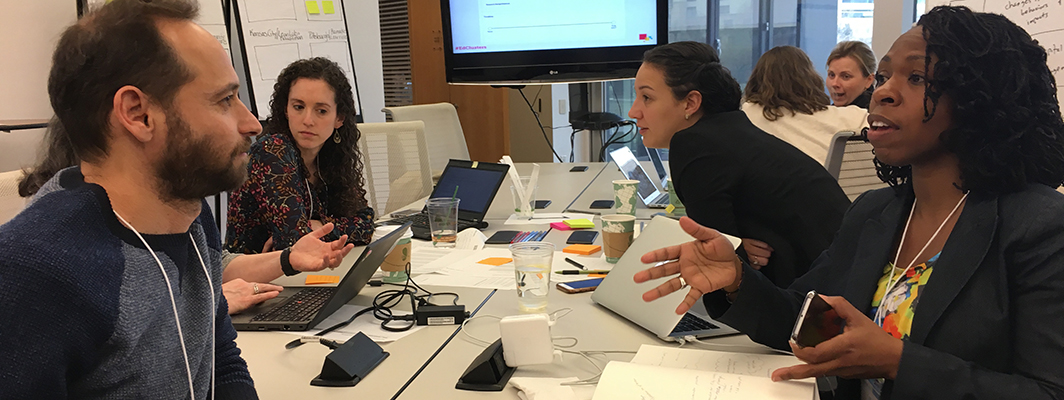
In the 1800s, an English economist named Alfred Marshall was thinking about the grouping of industries in specific regions. He noticed the development of the pottery industry in Staffordshire, the chair-making industry in Buckinghamshire, and the cutlery industry in Sheffield.
Through these and other observations, Marshall developed a framework for economic agglomeration. It described how this grouping, or clustering of an industry, created a market for skills in a region, allowed for the economical use of expensive equipment, facilitated organic communication within an industry, and allowed good ideas to easily develop and spread.
Marshall’s agglomeration theory has had a substantial impact on regional development research and it provides a foundation for many modern theories and policies, including a body of work on what economists like Michael Porter later termed “innovation clusters.”
Our work on Education Innovation Clusters (EdClusters) grew out of the economic ideas on agglomeration and clustering. Like in industry, we have growing evidence that the clustering of several regional stakeholders around a shared work to accelerate education innovation creates immense value for the region – and helps to scale promising practices nationally.
However, our understanding of the nature and function of EdCluster networks is limited – how innovation diffuses within them, how certain structures sustain or accelerate partnerships, the strength and health of ties within them. Now, with the help of the Kauffman Foundation, Digital Promise and eight EdClusters have determined it is the time to do what Marshall did for industry – conduct early stage network research – in order to advance our knowledge of education clusters.
In March, Digital Promise brought together these eight EdClusters, along with education researchers, thought partners, and funders, for a two-day workshop to kick off the development of research questions and designs. The collaboration and conversation between EdCluster organizations generated a range of questions and themes that groups wanted to investigate in their regions, which are already starting to form the basis of a shared agenda for EdClusters more broadly.
Some key EdCluster research themes that emerged during the meeting include:
Cluster organizations wanted to understand more about the work education networks can do to address issues of equity. Other prominent themes included explorations of the diffusion of social capital, scaling promising practices, and personalized learning. Teams began to develop research questions and research agendas for their regions, narrowing down dozens of ideas to focus on their most pertinent questions.
Over the coming months, regions will work with their stakeholders and researchers to develop research designs, with continued support from Digital Promise and the Kauffman Foundation. At the annual Education Innovation Clusters Convening in September (#EdClusters17 in Kansas City), the regions will come together and share their work on ramping up research on EdCusters, and Digital Promise will present the shared research agenda compiled from these regional designs. This will set the stage for the next phase of research on EdClusters.
Through engaging in this research we hope, as Marshall said, to leverage “the advantages which people…get from near neighborhood to one another…” so that “…the mysteries of [education innovation] become no mysteries, but are as it were in the air.”
For more information about or resources on EdClusters, email clusters@digitalpromise.org.